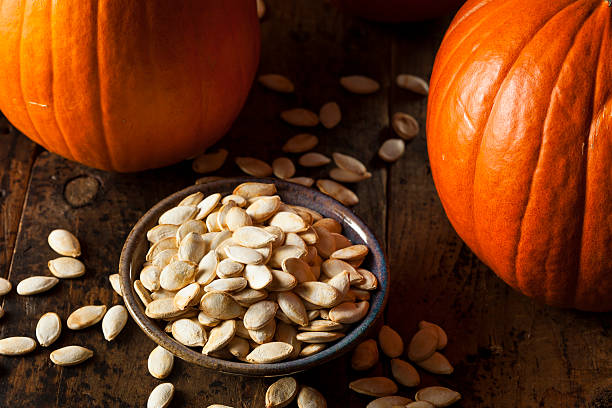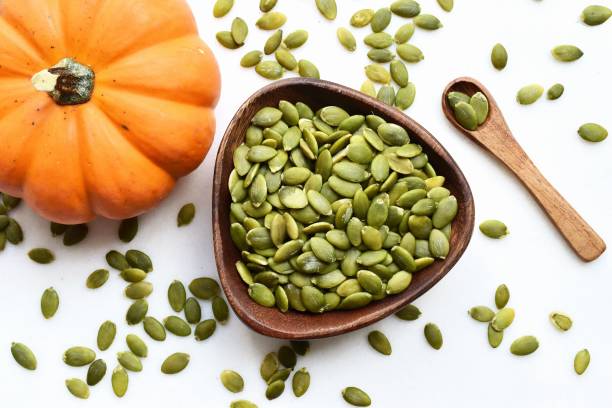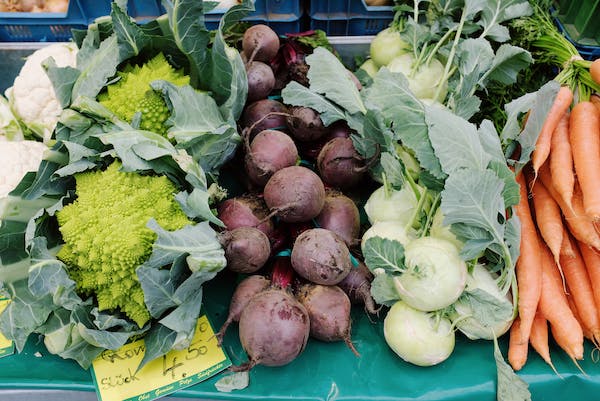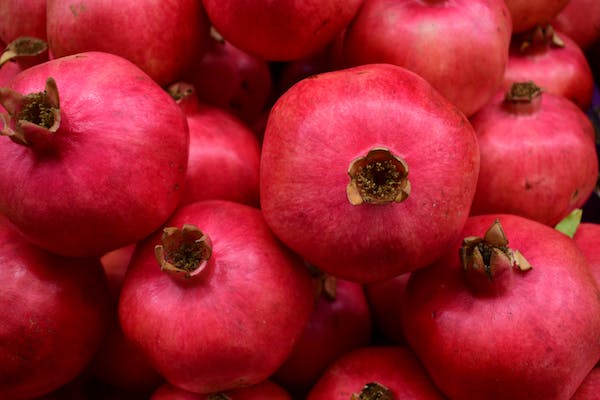Pumpkin seeds are delicious and nutritious seeds that develop on the pumpkin plant in China, Mexico, India, and the US. They are bites that are high in supplements. They have a shape compared to squash, which is typically produced for decorative purposes or as food for livestock.
They are extraordinary source of vitamins, minerals, healthy fats, protein, and fiber. It has been seen that eating pumpkin seeds assists with fertility, blood sugar regulation, prostate wellbeing, and many other things.






